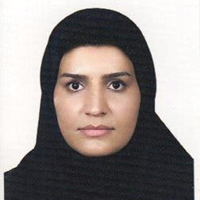Efficiency and Scale: Evidence from Iran's Electricity Distribution Companies
In analyzing the efficiency of electricity distribution companies, according to the economies of scale hypothesis, due to the existence of natural monopoly properties, larger firms are expected to be technically more efficient (ceteris paribus). To investigate this issue, this study assessed the technical efficiency, economies of scale, and economies of scope of Iranian electricity distribution companies during 2011-2017 and examined their relationship with company size. For this purpose, the stochastic frontier analysis technique and the input distance function approach were used. The results show that technical efficiency first decreases and then increases with increasing company size. The results also show that economies of scale are present in most companies, although the use of economies of scale decreases as company size increases. Finally, economies of scope were observed in all the companies studied, and their magnitude decreases as company size increases. Therefore, it can be said that the hypothesis of economies of scale implying higher technical efficiency of larger companies, is not confirmed, although the necessary condition for the establishment of a natural monopoly is present in Iranian electricity distribution companies
-
Investigating the Non-Linear Effect of High Technology Export on Production Growth in Oil-exporting Countries
*, Elimira Azizi Norouzabadi
Journal of Parliament and Economy, -
Investigating the Asymmetric Impact of the Stock Market Index on the Real Estate Price Index
*, Morteza Ashoor, Elmira Azizi Norouzabadi
Financial Research, -
The Impact of Quality of Service on Efficiency: Evidence from Iranian Electricity Distribution Companies
Reza Khalafi, *, Zahra Ahmadlow
Quarterly Journal of Applied Theories of Economics, -
Economies of Scale in Iran's Higher Education: A case Study of Non-Medical Public Universities
*, Elham Shabanloui, Zahra Ahmadlow
Journal of Industrial Economics Research,



